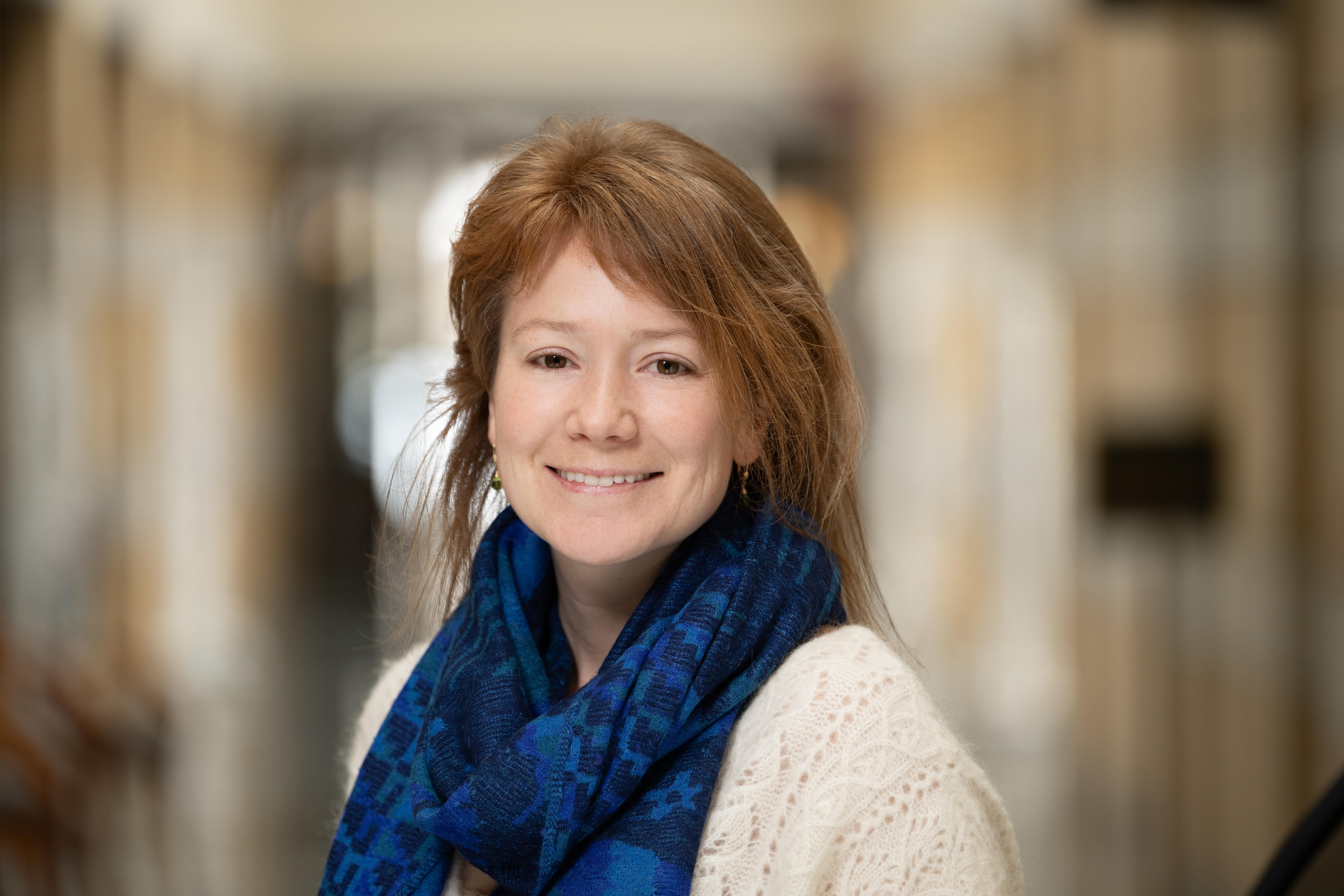
Early Saturday morning, January 7th, 90 young men and women braved a much-needed downpour to the Don Bosco provincial house in the Okhla area of New Delhi, India. All graduates of Muslim seminaries (madrasas), they gathered in the auditorium for the opportunity to be one of the fifteen finalists in a unique post-seminary course designed to engage them in critical Islamic and scientific discourses. The goal: the ability to confidently yet ethically engage a modernity that is worlds away from the society evoked by the premodern texts they exclusively studied during their madrasa training.
The event, organized by Contending Modernities (CM) Co-Director and Professor of Islamic Studies, Ebrahim Moosa, and CM’s Lead Faculty for the project Dr. Mahan Mirza, with support from the India-based Dr. Waris Mazhari, was the launch of the Moosa’s “Advancing Scientific and Theological Literacy in Madrasa Discourses” project funded by the John Templeton Foundation. Another launch event will be held in Gujranwala, Pakistan, to identify the first international cohort for the three-year Madrasa Discourses project. The South Asian recruits will be joined by a handful of conversation partners, also madrasa graduates, based at Darul Qasim in Chicago. The project arises out of Moosa own journey in India’s madrasas, which is recounted in his book What is a Madrasa? The book, written for a non-specialist audience, illuminates Moosa’s proposals for the change and renewal of Islamdom’s complex knowledge traditions.
New Delhi hosts a variety of schools of Islamic thought, and the applicants to the Madrasa Discourses project were no exception. Selected from over 250 students, the madrasa graduates present that Saturday morning came from Barelvi, Deobandi, Jamaʿat-i Islami, and Salafi denominations of madrasa franchises. Most of these madrasa graduates are currently pursuing their higher education in the humanities, seeking academic careers in Islamic Studies, scholarship in Arabic, Urdu and Persian literature, international relations, journalism, and law.
Provided with hot tea on arrival to ward off the uncharacteristically cold weather, the 90 students took admissions tests regarding their general knowledge of Islamic history, law, and theology, and science. They were also evaluated for their competency in English and Arabic and completed a written component to gauge their independent thinking skills and understanding of human dignity and renewal in the Islamic tradition. Of those, 37 returned the next day for interviews with the project leaders.
The Madrasa Discourses project in India will soon announce 17 finalists who will pursue the challenging, albeit rewarding, course over three years. Students will polish their English language skills and delve into history, science, theology, and other fields through weekly online seminars hosted at Notre Dame in collaboration with South Asia based scholars. Notre Dame-based Dr. Mirza will conduct an in-person intensive week-long seminar each academic semester, and during a two-week annual summer workshop students will be exposed to a broad array of scholars and experts. Describing his vision for the project, CM Co-Director Ebrahim Moosa shared the buoyant hope that these young scholars will transfer the intellectual expertise and skills gained into myriad forms of service for their communities and beyond by advancing human dignity, compassion, and beauty in human development.
Photo courtesy of Waris Mazhari.

